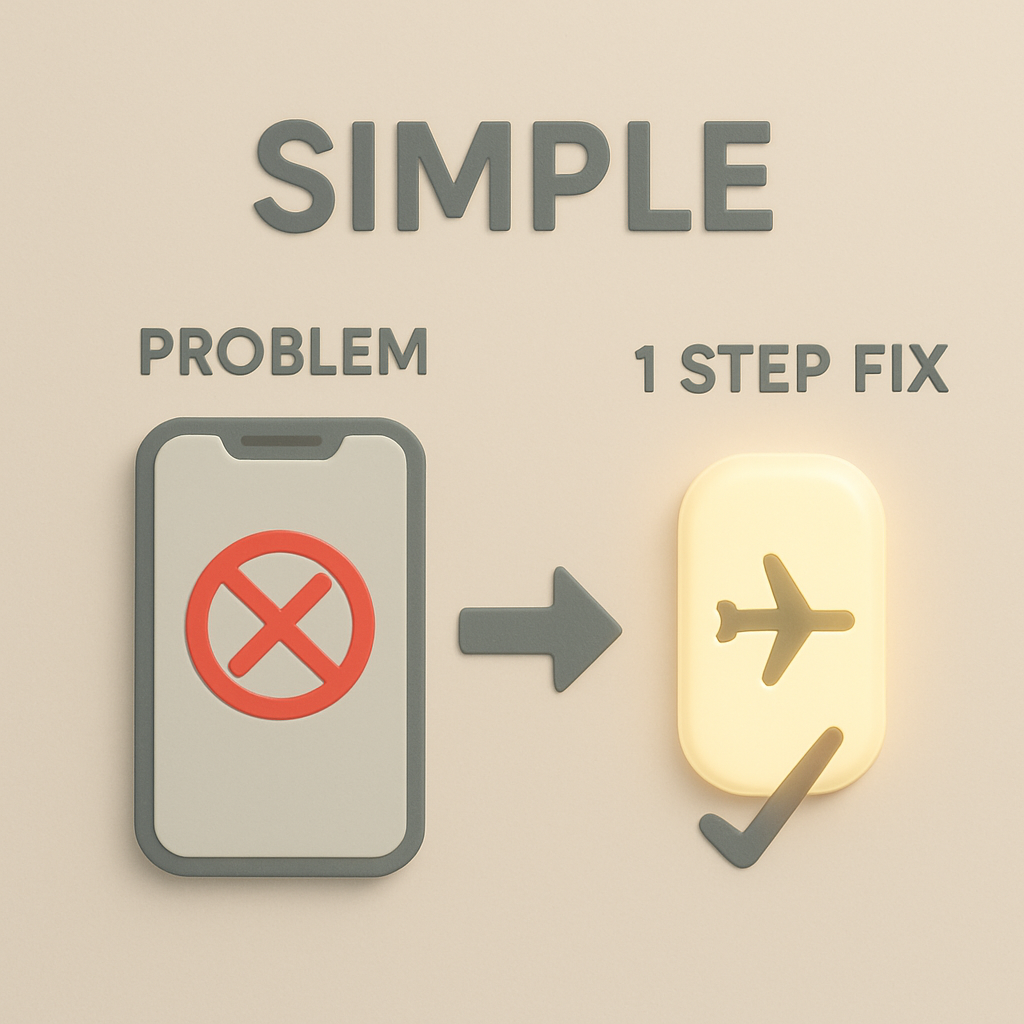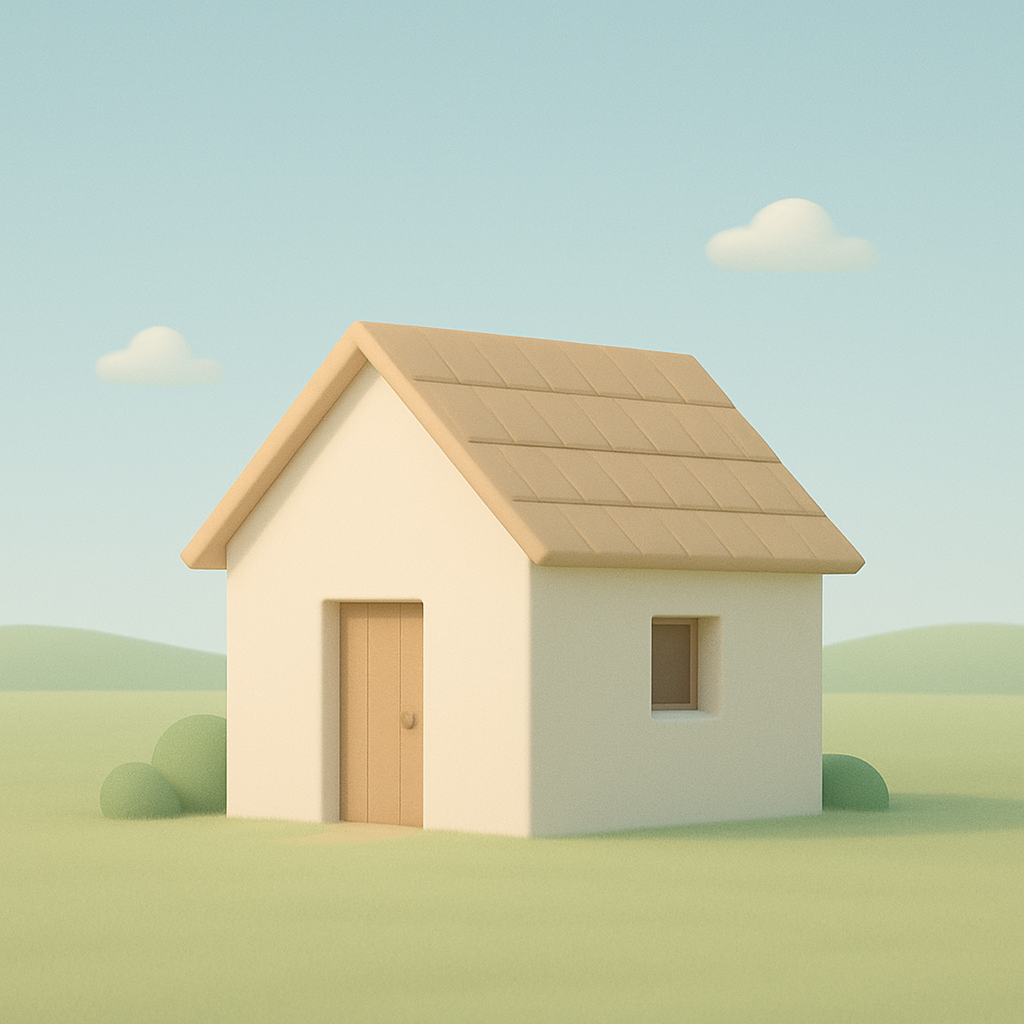Simple
Definition
The term "simple" refers to something that is easy to understand, not complicated, or plain in structure or appearance.
Parts of Speech
- Adjective
Pronunciation
American English
- IPA Pronunciation: /ˈsɪm.pəl/
- Respelling: SIM-puhl
British English
- IPA Pronunciation: /ˈsɪm.pəl/
- Respelling: SIM-puhl
Etymology
The word "simple" originates from the Latin "simplus," meaning "single" or "plain." It passed through Old French "simple," maintaining the meaning of "uncomplicated" or "modest" before entering Middle English.
Derivatives
- Simplify (verb)
- Simplicity (noun)
- Simpleton (noun)
- Oversimple (adjective)
- Simplistic (adjective)
Synonyms
- Easy
- Plain
- Uncomplicated
Antonyms
- Complex
- Complicated
- Intricate
Usage
The term "simple" is used to describe concepts, designs, or tasks that lack complexity. For example: "The instructions were simple and easy to follow," or "She prefers a simple lifestyle."
Related Terms
- Simplify: To make something easier or less complex.
- Simplicity: The quality of being plain, natural, or uncomplicated.
- Minimalism: A design or lifestyle philosophy emphasizing simplicity.
Detailed Definitions
Adjective
- Easy to understand or do: Refers to a task or concept that requires little effort or thought.
- Example: "The solution to the problem was simple."
- Plain in design or structure: Refers to something unadorned or lacking in embellishments.
- Example: "Her dress was simple but elegant."
- Not elaborate or luxurious: Refers to a modest or basic lifestyle.
- Example: "They lived in a simple house in the countryside."
- Innocent or unsophisticated (archaic): Refers to being free from guile or deceit.
- Example: "The character was portrayed as a simple but kind-hearted individual."
simple



🇨🇳 Mandarin
- 简单 (Simple, easy) - jiǎndān
- IPA: /t͡ɕjɛn˨˩˦tan/
- Respelling: jyen-dan
- 朴素 (Simple, plain) - pǔsù
- IPA: /pʰu˨˩su˥/
- Respelling: phoo-soo
🇮🇳 Hindi
- सादा (Simple, plain) - sādā
- IPA: /saːd̪aː/
- Respelling: saa-daa
- सरल (Simple, easy) - saral
- IPA: /səɾəl/
- Respelling: suh-ral
🇪🇸 Spanish
- Sencillo (Simple, easy) - sencillo
- IPA: /senˈθiʎo/
- Respelling: sen-thee-yo
- Simple (Simple, plain) - simple
- IPA: /ˈsimple/
- Respelling: seem-ple
🇫🇷 French
- Simple (Simple, easy) - simple
- IPA: /sɛ̃pl/
- Respelling: san-pl
- Facile (Simple, easy) - facile
- IPA: /faˈsil/
- Respelling: fa-seel
🇸🇦 Modern Standard Arabic
- بسيط (Simple, easy) - basīṭ
- IPA: /baˈsiːtˤ/
- Respelling: ba-seet
- سهل (Simple, easy) - sahl
- IPA: /sahel/
- Respelling: sa-hel
🇧🇩 Bengali
- সহজ (Simple, easy) - sohoj
- IPA: /ʃɔhoʤ/
- Respelling: sho-hoj
- সরল (Simple, plain) - śaral
- IPA: /ʃorol/
- Respelling: sho-rol
🇷🇺 Russian
- Простой (Simple, easy) - prostoy
- IPA: /prɐˈstoj/
- Respelling: pra-stoy
- Лёгкий (Simple, easy) - lyogkiy
- IPA: /ˈlʲɵxkʲɪj/
- Respelling: lyokh-kee
🇵🇹 Portuguese
- Simples (Simple, easy) - simples
- IPA: /ˈsĩplis/
- Respelling: seem-pleece
- Fácil (Simple, easy) - fácil
- IPA: /ˈfasiw/
- Respelling: fa-see-oo
🇮🇩 Indonesian
- Sederhana (Simple, plain) - sederhana
- IPA: /sədərhana/
- Respelling: suh-der-ha-na
- Mudah (Simple, easy) - mudah
- IPA: /mudah/
- Respelling: moo-dah
🇩🇪 German
- Einfach (Simple, easy) - einfach
- IPA: /ˈainfax/
- Respelling: ayn-fakh
- Schlicht (Simple, plain) - schlicht
- IPA: /ʃlɪçt/
- Respelling: shlikht
🇯🇵 Japanese
- 簡単 (Simple, easy) - kantan
- IPA: /kanːtaɴ/
- Respelling: kan-tan
- 単純 (Simple, plain) - tanjun
- IPA: /taɴ.dʑuɴ/
- Respelling: tan-jun
🇻🇳 Vietnamese
- Đơn giản (Simple, plain) - đơn giản
- IPA: /ʔɗəːn˧ˀ˨ʔ zaːn˧ˀ˨ʔ/
- Respelling: dohn zan
- Dễ (Simple, easy) - dễ
- IPA: /ze˧ˀ˨ʔ/
- Respelling: zay
🇰🇷 Korean
- 간단한 (Simple, easy) - gandanhan
- IPA: /gandanhan/
- Respelling: gan-dan-han
- 단순한 (Simple, plain) - dansunhan
- IPA: /dansunhan/
- Respelling: dan-soon-han
🇹🇷 Turkish
- Basit (Simple, plain) - basit
- IPA: /baˈsit/
- Respelling: ba-seet
- Kolay (Simple, easy) - kolay
- IPA: /koˈlaj/
- Respelling: ko-lai
🇵🇰 Urdu
- سادہ (Simple, plain) - sāda
- IPA: /saːd̪aː/
- Respelling: saa-daa
- آسان (Simple, easy) - āsān
- IPA: /ɑːsɑːn/
- Respelling: aa-saan





